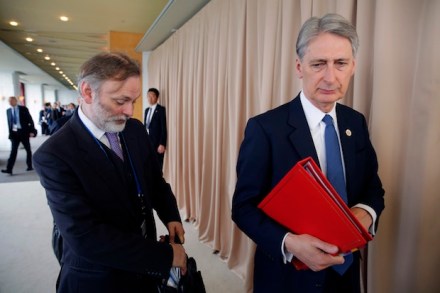Nicola Sturgeon is making it up as she goes along
Because the SNP have won so often and so conclusively in recent years there is an understandable temptation to suppose they must always know what they are doing. Accordingly, Nicola Sturgeon sits in Bute House like some political Moriarty: motionless, perhaps, but like a spider at the centre of its web. And ‘that web has a thousand radiations, and [s]he knows well every quiver of each of them’. Other political parties may plan, but the SNP plots. Everything is done for a reason and nothing is left to chance. The nationalists are relentless and implacable. No wonder they put the fear of God into their foes (especially a Labour party they




















